Milton Friedman: The Economist Who Revolutionized the Field
Milton Friedman, the influential Nobel Prize-winning economist known for his robust advocacy of free markets and individual liberties, passed away on November 16, 2006. His impact on global economic thought and policy reshaped markets around the world, earning him recognition as one of the few thinkers whose ideas substantially changed civilization’s trajectory. Former Federal Reserve Chairman Alan Greenspan noted Friedman’s superior originality, highlighting that his ideas — particularly those presented in his book and television series, “Free to Choose” — countered the prevailing reliance on government intervention and control that characterized most of the 20th century. Friedman’s intellectual journey spanned from the 1930s through the 1980s, emerging as a significant alternative in economic discourse and gradually influencing global governance and economic models.
Friedman’s ideas took root in various countries that were in desperate need of reform post-government intervention. Following the fall of the Berlin Wall, Estonia embraced Friedman’s economic principles, resulting in an extraordinary transformation. Under the leadership of Prime Minister Mart Laar, the country managed to defeat a staggering unemployment rate of 35% and hyperinflation of 1,000% through deregulation and market reform. Laar remarked that “Free to Choose” became a primary resource for understanding a liberal economic framework during a time when alternative perspectives were scarce due to Soviet influence. Friedman’s advocacy of free markets thus laid the groundwork for Estonia’s rebirth as the “Baltic Tiger,” showcasing how effective the application of his philosophy could be in transitioning economies.
Friedman’s influence was not confined to Eastern Europe. The economic reforms initiated in China after the death of Mao Zedong also reflected a significant shift towards his ideology. Chinese leader Deng Xiaoping sought out Friedman for lectures on market mechanisms, which led to policies that uplifted hundreds of millions from poverty. Even as China’s government maintained strong social controls, it recognized the undeniable power of market forces that Friedman championed. Similarly, in India, widespread economic liberalization in 1991 reversed years of socialist policies, ending price controls, reducing taxes, and dismantling public monopolies. Enlightened by Friedman’s principles, hundreds of millions of Indians experienced improvements in literacy, life expectancy, and economic opportunities.
Despite his optimistic outlook, Friedman faced significant opposition throughout his career. For decades, mainstream Western economists and politicians were entrenched in the belief that government management of economies was not only necessary but inevitable. With the dominance of the Soviet Union, the exportation of socialist ideologies to various regions posed substantial challenges to Friedman’s ideas. Yet, rather than retreating in the face of adversity, Friedman relished the opportunity to engage in rigorous debate. His cheerful demeanor and common-sense approach allowed him to connect with audiences and critics alike, enabling many to see the merit in his arguments for economic and personal freedom.
Friedman’s versatility as a communicator helped democratize his economic principles. He employed various platforms, including popular books, magazine writings, and mass media, to reach not just academics but also the broader public. His television series “Free to Choose” served as a critical vehicle for disseminating his ideas on pertinent issues such as sound monetary policy, trade barriers, regulation impacts, and the merits of competition in education. Friedman elucidated the drawbacks of state pension systems, advocated for a negative income tax, and passionately argued against the war on drugs by highlighting the unintended consequences of drug prohibition, reinforcing the importance of individual choice and responsibility.
Today, Milton Friedman is hailed as the foremost proponent of economic and personal freedom, with his ideas now integral to the policies shaping the lives of billions across the globe. His advocacy fundamentally shifted the narrative surrounding economic management, demonstrating that free markets and personal liberties are vital for growth and prosperity. Friedman’s legacies continue to resonate, inspiring contemporary debates and reforms rooted in the understanding that freedom, both economic and personal, drives innovation and improves quality of life. Through his lifelong commitment to these ideals, Friedman undeniably transformed not just economic theory, but the very fabric of society.
Share this content:
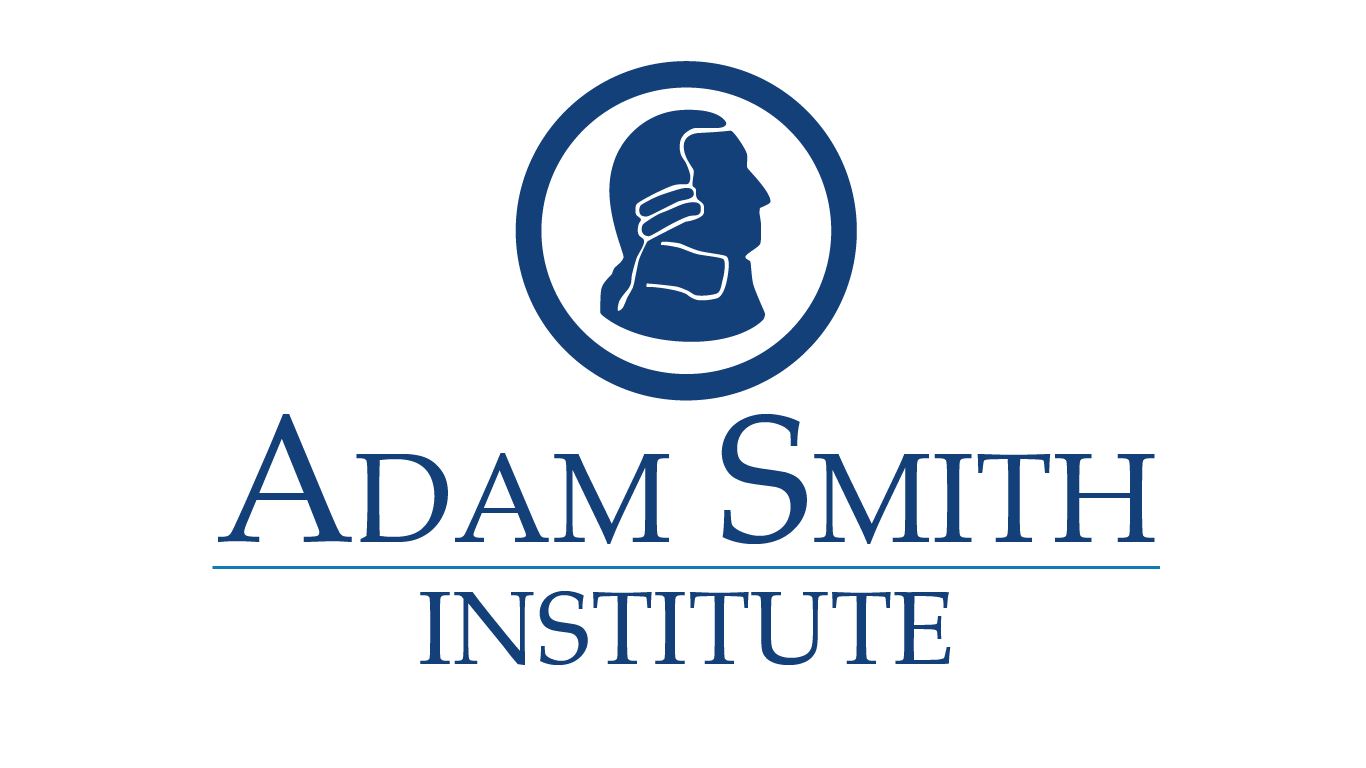

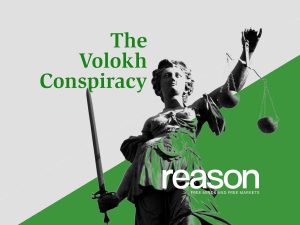

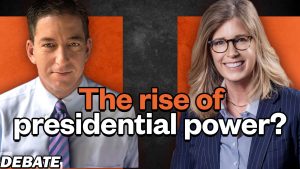
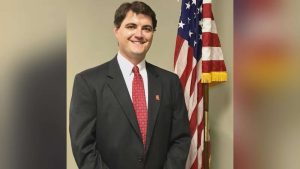
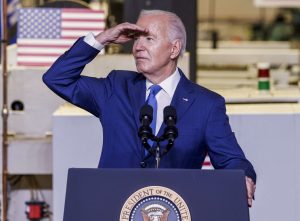
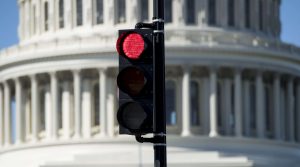
Post Comment